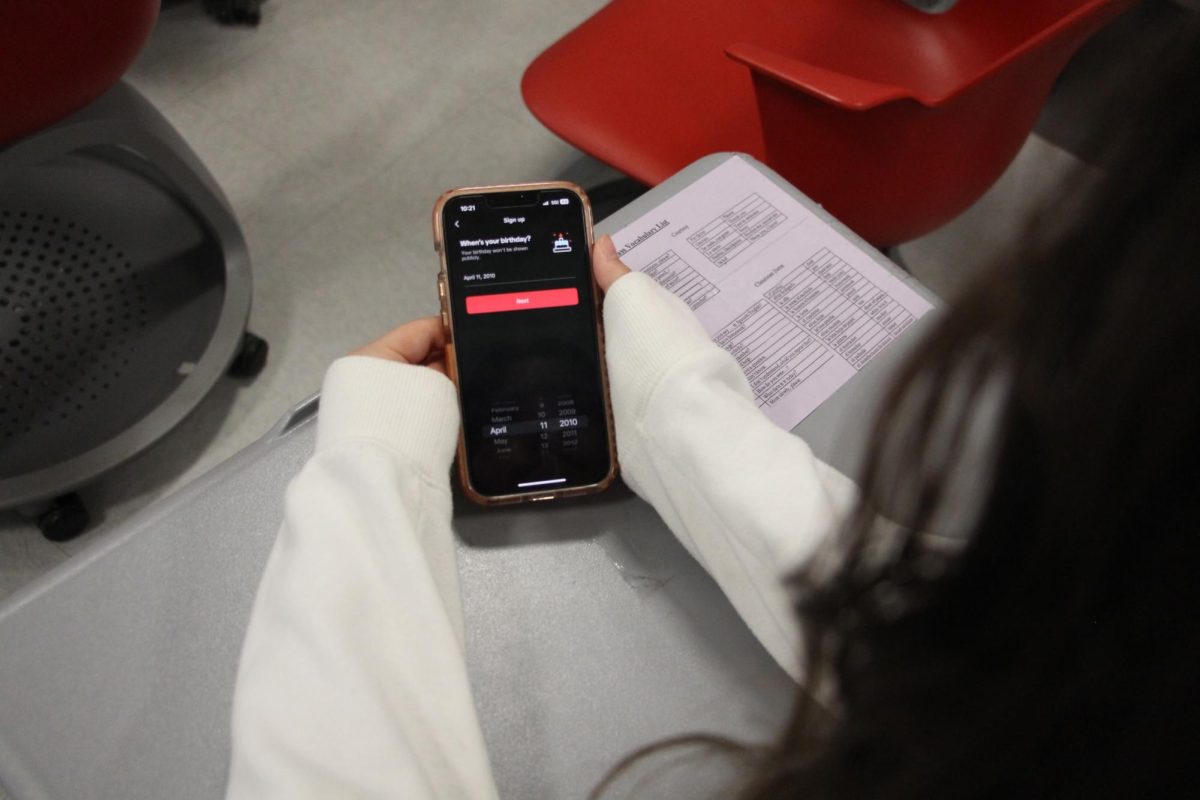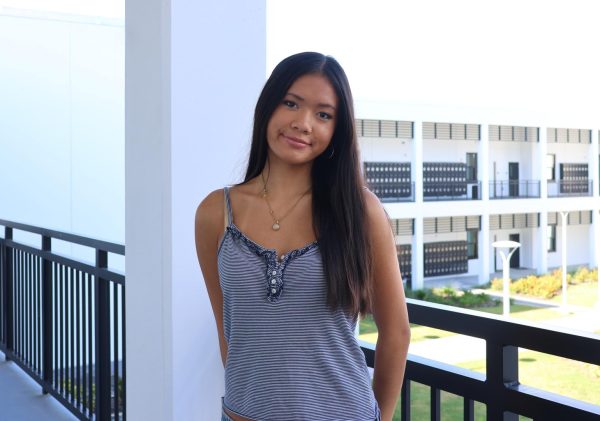On Monday, March 25, Ron DeSantis signed HB3, prohibiting minors under 14 years from owning social media accounts and requiring children 14-16 years of age to require parental consent.
Three days earlier, DeSantis vetoed HB1, which argued for a social media ban for all children under 16 years. With an overall vote of 106-113 from the House and a 23-14 vote from the Senate, the bill was on its way. However, DeSantis disagreed with excluding parents from the control of social media usage.
“I have vetoed HB 1 because the Legislature is about to produce a different, superior bill. Protecting children from harm associated with social media is important, as is supporting parents’ rights and maintaining the ability of adults to engage in anonymous speech. I anticipate the new bill will recognize these priorities and will be signed into law soon,” DeSantis said via. his social media.
With DeSantis’ approval, HP3 is scheduled to take effect in Jan. 2025. The bill will specifically prevent minors under 14 years from holding social media, give parents the right to decide whether 14- and 15-year-old children can own social media accounts, protect Floridians’ ability to remain anonymous online and require sexually explicit websites to verify age.
The bill also requires social media platforms to delete accounts and their personal information for the children if wanted by teens and/or their parents. Companies that don’t follow these regulations may be sued for up to $10,000 of damages each.
HP3 will also require many apps and websites to verify users’ ages but also require the option of “anonymous age verification“. This will be created so third parties cannot retain users’ personal information. Platforms that have at least a third of explicit content displayed are required to request age. Sites that confirm users are at least 18 years old are not subject to the requirements. Any platforms not following the bills’ order can face up to $50,000 in civil penalties each.
Taking extra measures so the bill will pass constitutional legislation, House Speaker Paul Renner, a Republican from Palm Beach, has made social media suppression a main priority of legislation this year.
“The internet has become a dark alley for our children where predators target them and dangerous social media leads to higher rates of depression, self-harm, and even suicide,” said Renner. “None of us can be on the sidelines when it comes to social media and when it comes to the hardcore pornography our kids are being exposed to. Social media is the primary platform that children are trafficked, and more crimes against children happen on social media than any other venue.”
Even students who actively use social media believe that for younger children it should be prohibited.
“I‘ve seen bad experiences online, especially for younger kids, who don’t know what’s out on the internet. I feel that some people take advantage of younger people,” says Camila Parra (‘26).
HB3 is overwhelmingly supported by some who believe the bill violates free speech expressed in the First Amendment. Referencing recent bills that have failed because of violating the constitution, opposers see the bill as controlling.
“HB3’s sweeping prohibition of youth from social media runs contrary to a Supreme Court precedent and tells Florida families how to parent.” Representative Anna Eskamani (D) of Orlando said. “Though I agree more needs to be done in protecting our youth on social media, this bill goes too far in taking away parents’ rights and banning social media usage — and thus First Amendment rights — for young Floridians. Instead of banning social media access, it would be better to ensure improved parental oversight tools, and improved access to data to stop bad actors, alongside major investments in Florida’s mental health systems and programs.”


